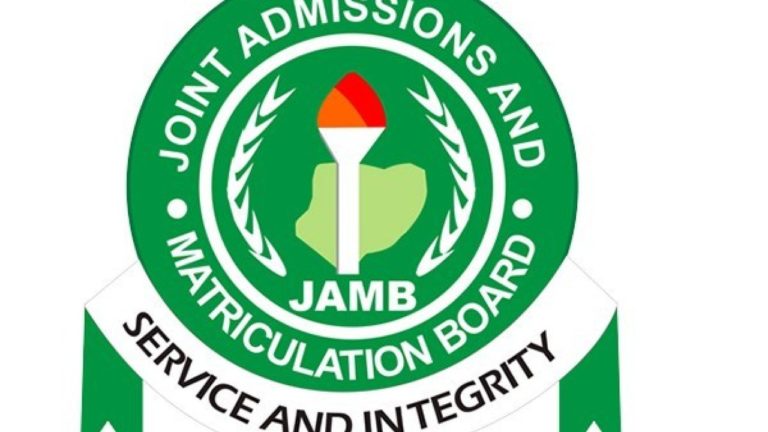$800m new loan and PMS subsidy removal
Within last week, the Minister of Finance, Budget and National Planning, Zainab Ahmed, announced that the Federal Government had negotiated and got the approval of the World Bank for a loan of $800m. She stated that the loan would be used to provide palliatives for 50 million poor Nigerians after the removal of fuel subsidy. The announcement came at the end of the meeting of the Federal Executive Council and the announcement came as if to state that she was announcing a major achievement of the Federal Government. The procurement of this loan as a preliminary step towards the removal of fuel subsidy raises several issues. These issues need to be understood within the context of Nigeria’s present macroeconomic fundamentals and how a new loan will be useful or otherwise in the task of removing fuel subsidy.
The first issue is that the planned removal of the PMS subsidy is not going to be a tea party. It will be contested and there will be strong resistance and pushback against the removal. This will be more so against the background of the poverty profile of the country- over 133 million Nigerians are living in abject poverty and inflation in excess of 21 per cent and food inflation being one of the core drivers of inflation. Furthermore, the last job report from the National Bureau of Statistics which came over two years ago indicates not less than 33 per cent unemployment rate which by now will have exceeded 40 per cent. The removal of the PMS subsidy will definitely, especially in the short run, aggravate these negative indicators and make them worse.The majority of Nigerians who are poor will be naturally entitled to resist policies and programmes which they perceive will further impoverish them.
It is therefore imperative that the Federal Government starts with a stakeholder mapping, consultations, dialogue and engagement to build consensus, not just on subsidy removal, but on the road map and what needs to be done to ensure that the emerging hardship is cushioned and ameliorated. For instance, there should be agreement with stakeholders on what needs to be done with the savings and the specific investments that will be made for the poorest of the poor. The Federal Government also needs to give an account of the various sums budgeted and disbursed for the turnaround maintenance of refineries and where exactly the monies have been invested in, the level of work done in the rehabilitation of the refineries and when they will be completed to start producing domestic refined PMS and other products.
The second issue which is critically fundamental is that the removal of PMS is marketed as a means of saving money by the government and the savings is to be channeled to critical sectors of the economy including education, health and infrastructure. Official statistics indicate that we spend N18bn every day on fuel subsidy amounting to N540bn a month being a period of 30 days and this comes up to N6.570tn a year in a 365-day year and N6.588tn in a 366-day year. However, N3.36tn was provided for a half year fuel subsidy ending in June 2023 implying a fuel year fuel subsidy of N6.72tn. The implication is that going forward, we will be saving not less than the full year fuel subsidy. The poser is, do we need to borrow more at a time we are saving more? The implication of saving is that we can for instance use a portion of the money to be saved – N100bn out of N540bn every month to attend to the critical needs of the poor and still have N440bn new money to spend.
The third issue is to recall Nigeria’s debt profile – domestic and external, including the ways and means taken from the Central Bank of Nigeria is in excess of $150bn. A good part of this debt was procured in defiance of the law which stipulates that borrowing should be for capital expenditure and human development. They were procured for consumption and recurrent expenditure. What is the wisdom in increasing this debt for another consumption item worth $800m? Borrowing for palliatives before consulting stakeholders to determine the road map and what needs to be done sends a wrong signal vis, that the Federal Government is not ready for consensus building and it wants to force the policy down the throat of Nigerians. This may attract hardline responses from forces that may oppose the subsidy removal.
The fourth issue is that it is not clear that this new debt got the approval of the National Assembly and if it did, it did not follow the due process of law by meeting other demands of the Fiscal Responsibility Act. Every request for approval of a loan is required by law to come with a cost benefit analysis and this should be in the public domain for all stakeholders interested in making inputs. But no one heard of the loan request before this announcement. It was done secretly and in violation of the law.
The fifth issue in closing out the chapter of fuel subsidy is the need to properly audit the accounts of the subsidy regime. There is overwhelming evidence that the fuel subsidy regime has been one of monumental fraud, where figures of the consumed PMS have been hiked beyond reason and imagination. The subsidy figures have doubled since 2015 and this is coming after two recessions, massive job losses and other negative macroeconomic fundamentals. We need to properly close the old chapter to commence the new one with a clean slate.
The sixth issue is that if the subsidy removal will continue to price PMS on the basis of imported products and not local refining, Nigerians will pay more for fuel beyond the international market price of refined products. It is therefore imperative that local refineries come on stream. One such refinery is the long-awaited Dangote refinery. Stories about the refinery in terms of the time it will come on stream has become endless. It has been projected to come on stream in the last two years and in this third year, no definite timing has been communicated. The second being the local refining angle is that the government owned refineries need to be sold off to private investors even after they have been rehabilitated. It is clear that the Federal Government under the present corruption ridden environment has no capacity to maintain them. They must be privatised transparently with clauses that would not allow the new owners to simply do assets stripping and close them down. Such clauses would ensure that the ownership reverts to the Federal Government if the new investors do not want to continue refining. It would also involve an audit to determine what the new investors have put in to harmonise the position of the parties.
In conclusion, there is no need for new borrowing for the purpose of removing the PMS subsidy. Let the negotiations begin, a road map established, actions and milestones established and all stakeholders come on board the reform. It is doable but it requires the sagacity and a commonsense approach to policy implementation.








